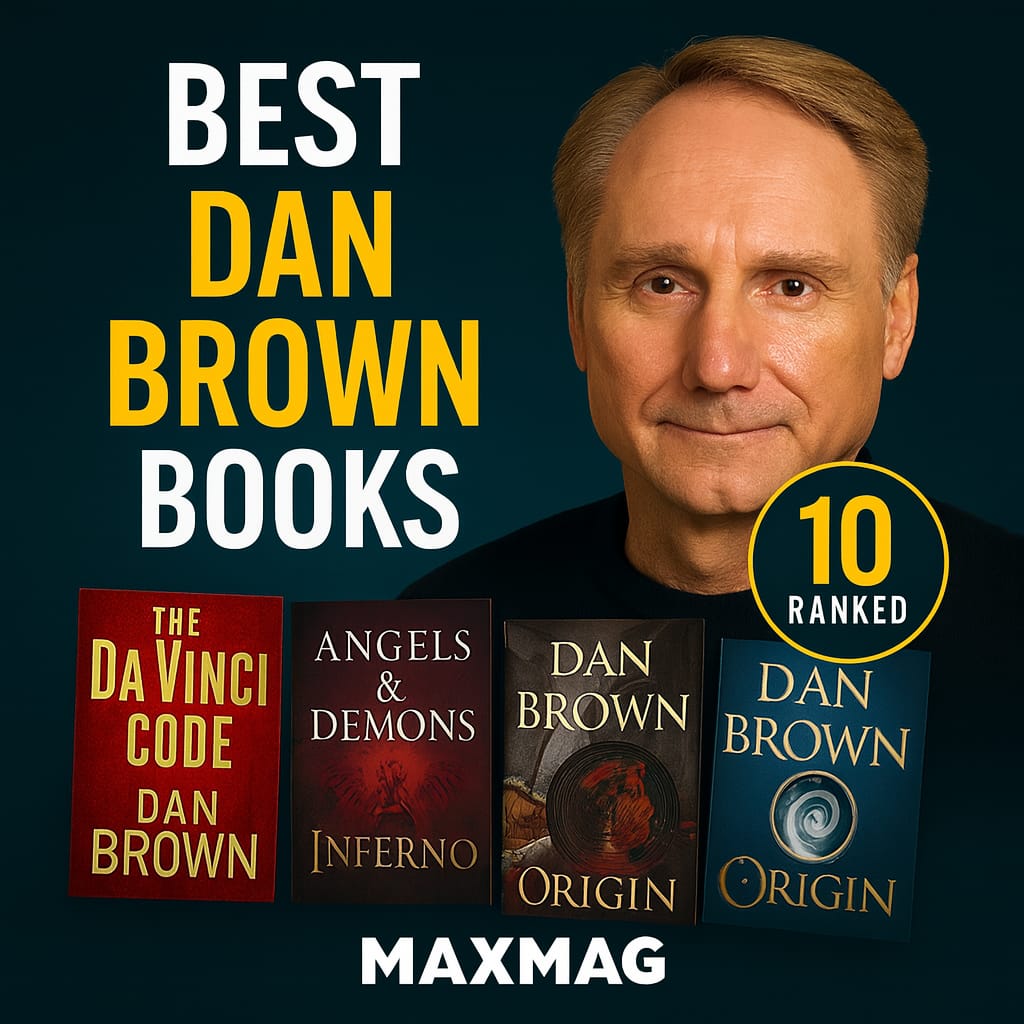
In today’s fast-paced world, how we consume books has evolved dramatically. While physical books have long been cherished, digital formats like ebooks and audiobooks are reshaping the reading experience. Among these, audiobooks stand out with their unique advantages that cater to modern lifestyles. This article explores the many benefits of audiobooks, comparing them with ebooks and traditional physical books, to help you decide which format suits you best.
The Rise of Audiobooks
Audiobooks have surged in popularity over recent years, with millions turning to this format for convenience and accessibility. Thanks to smartphones and apps, audiobooks allow you to immerse yourself in stories or educational content while multitasking — during your commute, workouts, or chores. This hands-free mode of “reading” provides an inclusive experience for people with visual impairments or reading difficulties.
What Makes Audiobooks Special?
One of the key benefits of audiobooks is their ability to bring stories to life through professional narration. Skilled voice actors add emotion, tone, and personality that enhance the listener’s engagement, sometimes even more than silently reading a text. For language learners, audiobooks offer an immersive way to improve listening and pronunciation skills.
Comparing Audiobooks, Ebooks, and Physical Books
While ebooks offer the convenience of adjustable fonts and portability, they lack the sensory appeal of a physical book — the feel of paper, the smell, and the visual progress of flipping pages. Physical books remain irreplaceable for many readers who value these tactile experiences.
However, audiobooks combine portability with ease of use, enabling “reading” while your hands and eyes are busy. This makes them particularly suited for people with busy schedules or those who struggle with traditional reading.
The Educational Edge
Beyond entertainment, audiobooks serve as powerful educational tools. They can improve vocabulary, comprehension, and listening skills across all age groups. According to research from the National Literacy Trust, children who listen to audiobooks regularly show improved language skills and a greater enthusiasm for reading overall (source: literacytrust.org.uk).
Choosing the Right Format for You
Deciding between audiobooks, ebooks, and physical books ultimately depends on your lifestyle and preferences. If you enjoy a sensory reading experience, physical books are unbeatable. If you want easy access and customization, ebooks fit the bill. But if you’re seeking a flexible, engaging way to enjoy literature anytime, anywhere, the benefits of audiobooks are hard to ignore.
FAQ: Benefits of Audiobooks
Q1: Are audiobooks as effective as reading physical books?
A1: Audiobooks engage different cognitive processes, improving listening and comprehension skills. While they offer a different experience, they are equally effective for learning and enjoyment.
Q2: Can audiobooks help with language learning?
A2: Yes! Listening to native speakers improves pronunciation, vocabulary, and understanding of natural speech patterns.
Q3: Are audiobooks more expensive than ebooks?
A3: Audiobook prices vary, but subscription services like Audible or Scribd often offer affordable access to many titles.
Q4: Do audiobooks help people with dyslexia?
A4: Absolutely. Audiobooks provide an accessible alternative that can improve literacy and confidence in reading.
Q5: How do I listen to audiobooks?
A5: You can listen via smartphone apps, tablets, or dedicated audiobook devices, often even offline after download.




